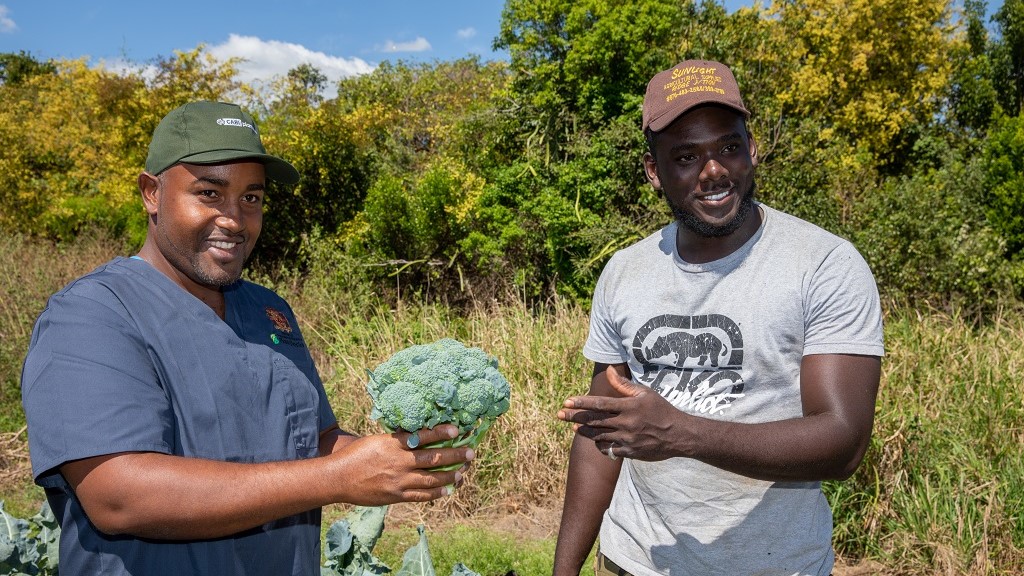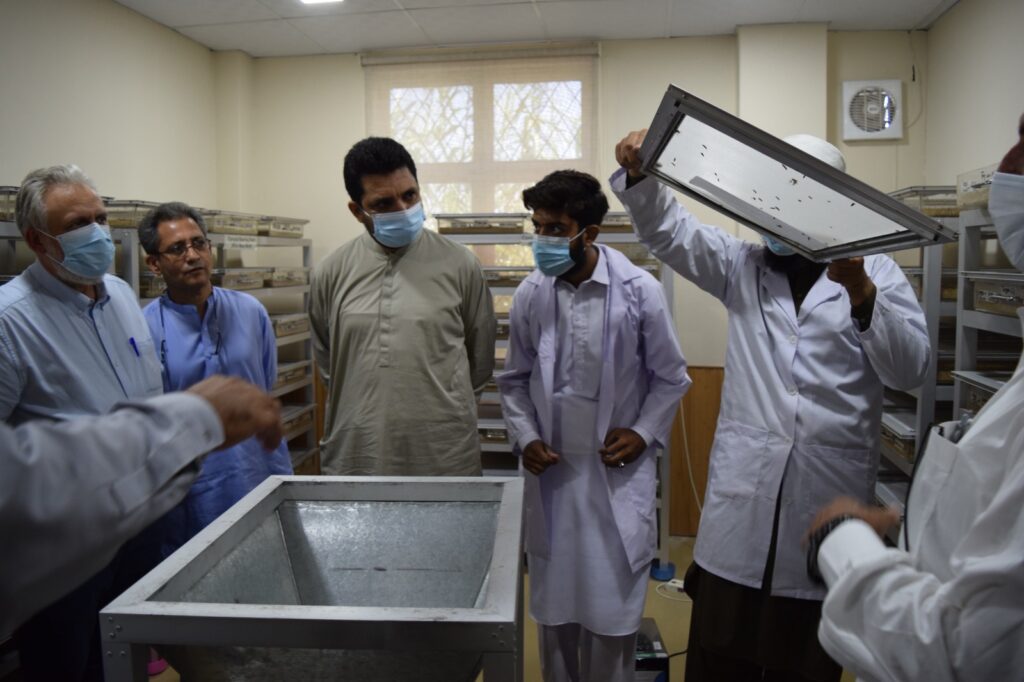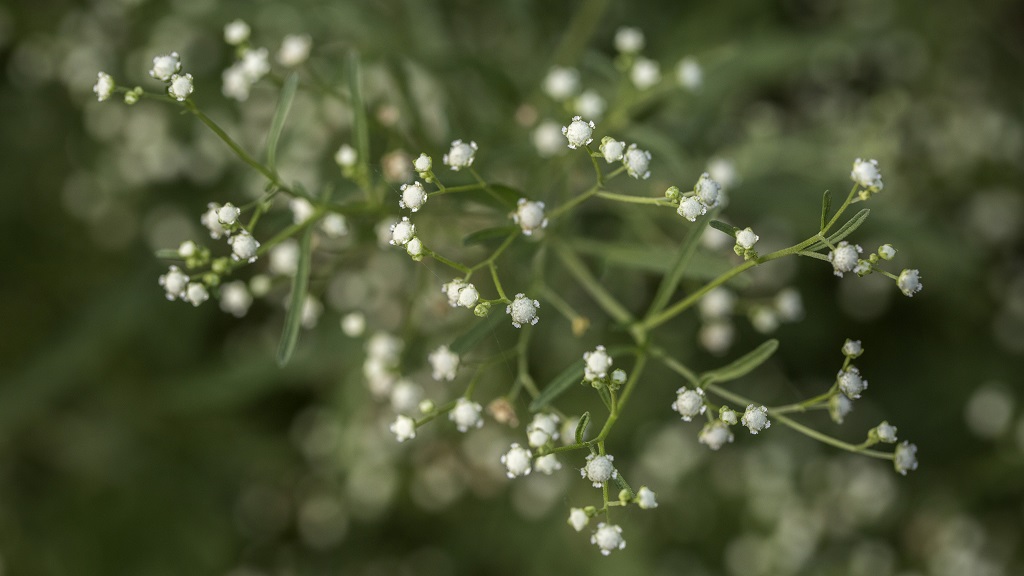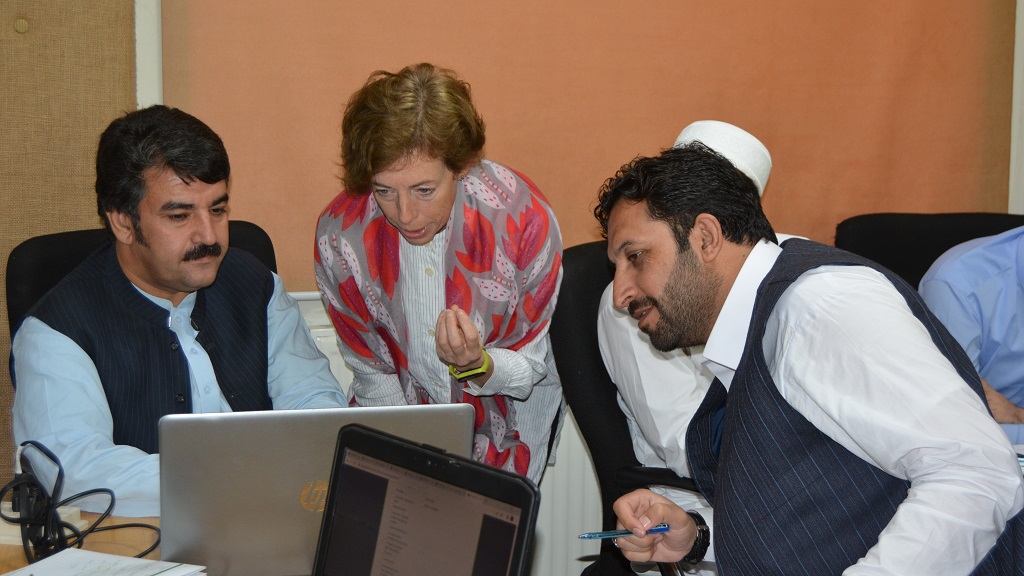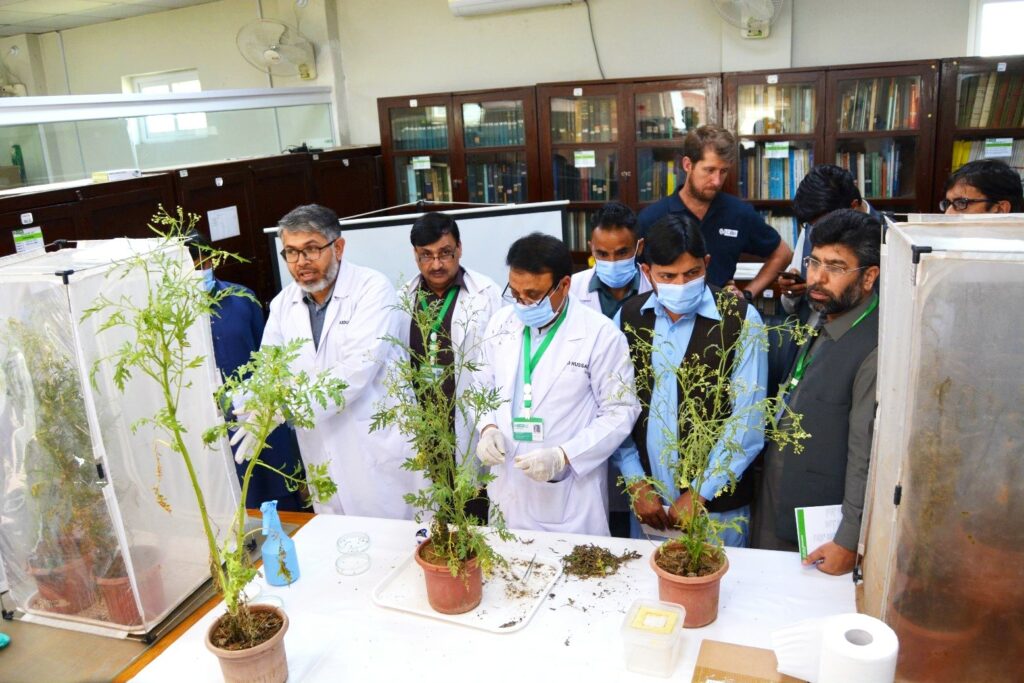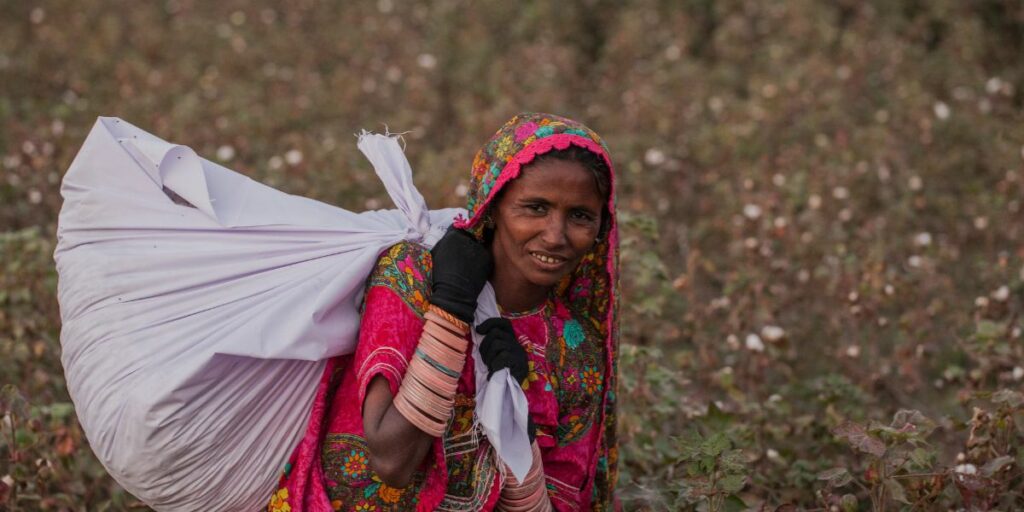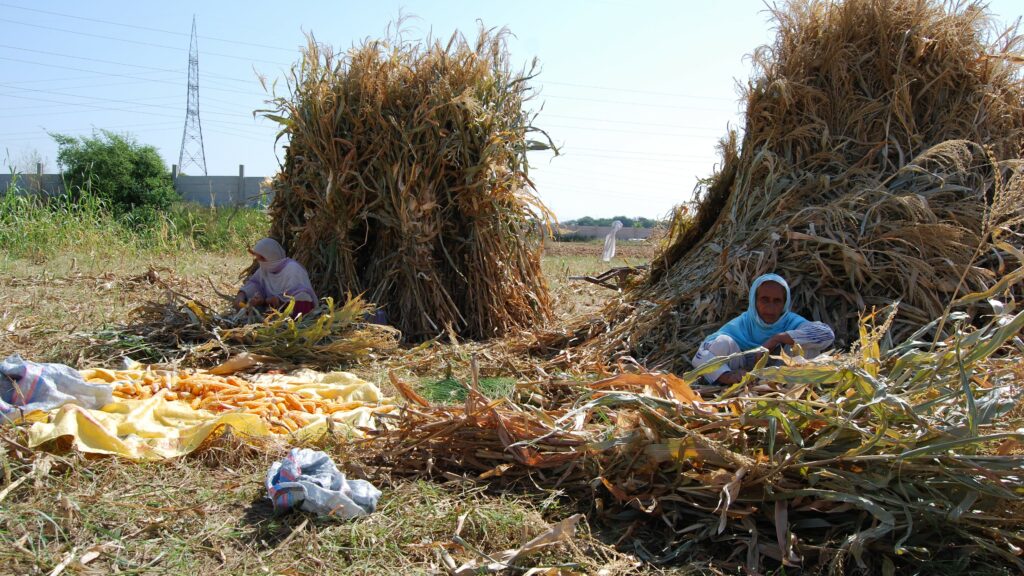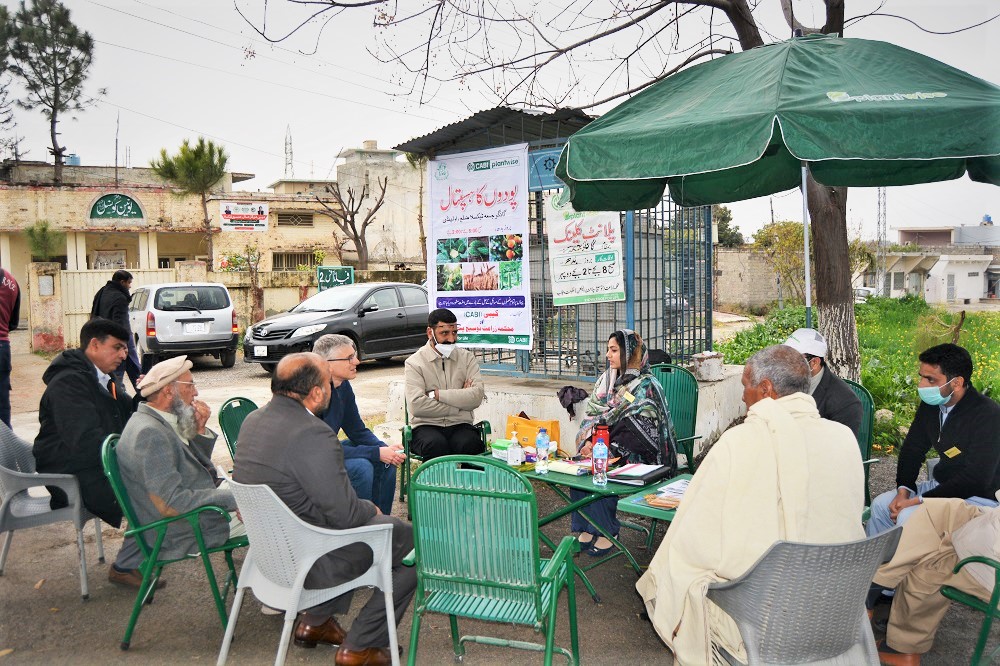CABI shares important new evidence on the legacy of Plantwise
CABI has published a working paper assessing the legacy of Plantwise programmes in six countries: Nepal, Pakistan, Ghana, Kenya, Malawi, and Jamaica. The paper, entitled Plantwise Sustainability: Two Years on, finds that the sustainability of a Plantwise programme hinges heavily on the country in question. This means that while it is difficult to engineer or…
Trichogramma mass rearing facilities piloted in Pakistan
Championing sustainable agriculture by promoting lower-risk plant protection solutions to tackle crop health challenges is a key objective of CABI’s PlantwisePlus programme. In particular, the managing of plant pests and diseases. A cornerstone of this work is setting up local facilities for the mass rearing of lower-risk plant protection solutions.
Biocontrol agent released to safeguard crops from parthenium weed in Pakistan
Invasive plants can be extremely harmful to crops. “Famine weed” or parthenium is one such plant. Native to tropical America, it was accidentally introduced to several countries. In Pakistan, the weed now covers thousands of hectares of agricultural and rangeland. And it poses an economic burden to farmers.
Overcoming gender barriers to tomato farming in Pakistan
Tomato is an important crop in Pakistan – every year, the country produces 4.2 million tonnes of tomatoes. Growing them can be labour intensive. But research shows that tomato production has the potential to generate good incomes for rural smallholders. This includes incomes for women farmers. In Pakistan, women account for over 60% of active…
CABI Academy helps Better Cotton team grow its plant-health knowledge
Members of the CABI Better Cotton Initiative team gave their crop pest diagnosis and management skills a boost recently thanks to the CABI Academy. Over 100 team members completed the Crop Pest Diagnosis and Crop Pest Management courses with all participants gaining a pass certificate.
Women farmers in Pakistan aren’t realising their potential – here’s why
Women farmers in Pakistan are finding it difficult to access agricultural support. The needs of male farmers dominate most advisory services and socio-cultural set up due to restricted mobility of women farmers. This is a challenge in many low- and middle-income countries. And it contributes to a gender gap in agricultural productivity. Women-managed farms are…

